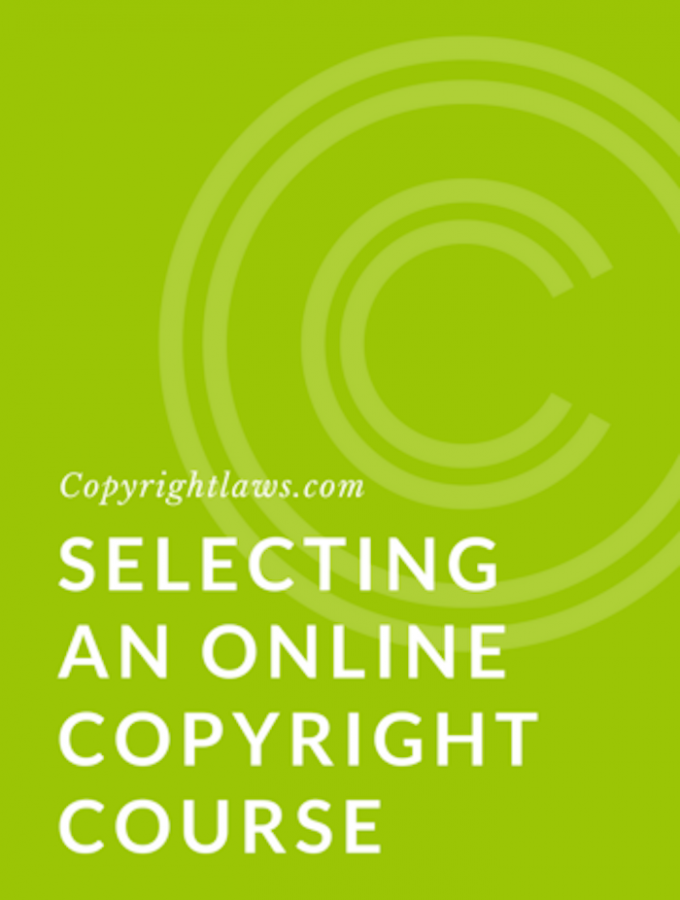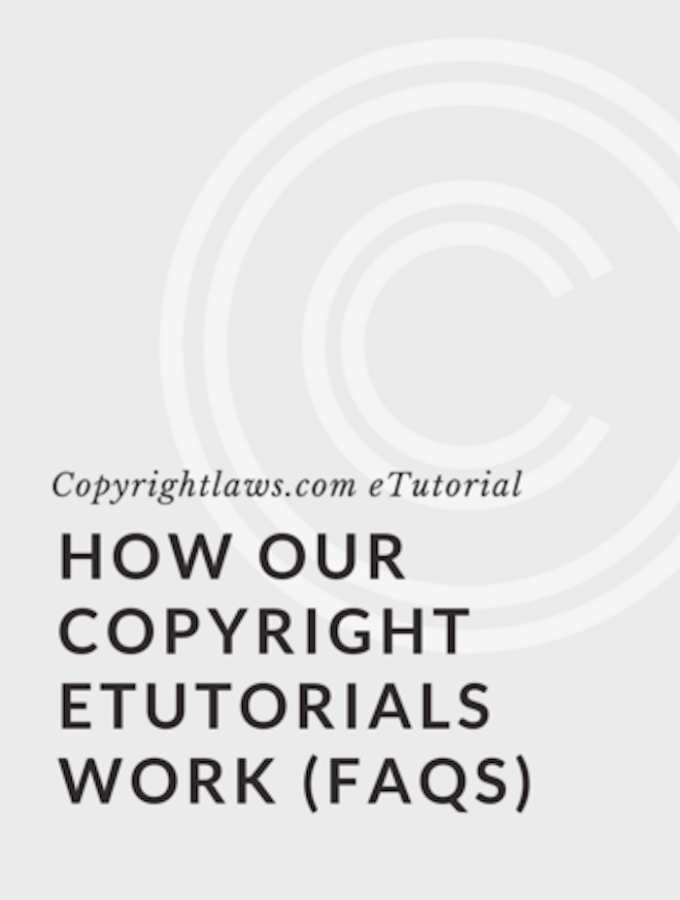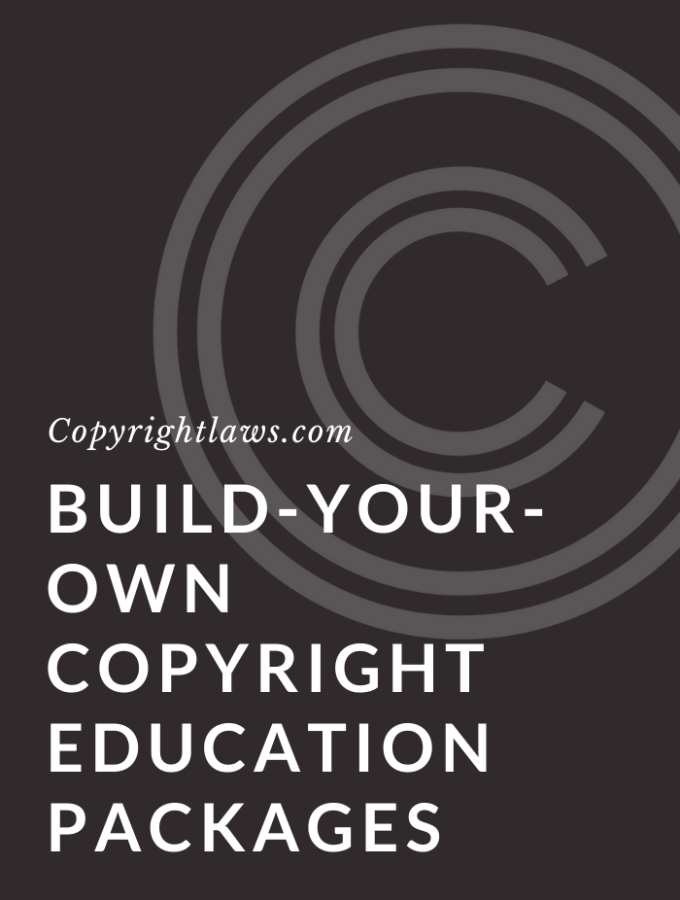
Introduction
Welcome to the third quarterly copyright and generative AI (GAI) blog post. If you’ve come across this page, you’re likely working in the copyright field in some capacity. As such, the current debate surrounding what, if any, changes need to be made to copyright law to account for the advancements in GAI has probably piqued your interest. With so much information and so many opinions swirling around the internet from all sides of the debate, it can be hard to keep track of where the conversation stands. We hope these blogs will help make sense of it all.
Every three months, you can expect an updated post that includes important cases to watch, recent international developments, a summary of the latest discussions (with an effort to remain impartial) and finally, a suggested long-form article to help you dive deeper into one aspect of the subject.
So, without further ado, let’s get into it!
Cases to Watch
Bartz v. Anthropic PBC, 3:24-cv-05417 (Northern District of California, 19 August 2024) USA
In what is being hailed as a critical decision regarding whether or not fair use applies to the use of copyright-protected works to train GAI models, Judge William Alsup granted summary judgment for Anthropic in June stating that the company’s use of books it purchased in print form and digitized to train its Claude model was fair use. To come to this decision, Judge Alsup relied heavily on the determination that the use was highly transformative (one of the four factors looked at to determine fair use). However, Judge Alsup simultaneously denied summary judgment regarding Anthropic’s use of pirated copies of works to train Claude, stating that he disagreed with the company’s argument that the scraping of pirated content was necessary for training. If the there is no settlement and the case goes to trial, the court will decide damages for the Anthropic’s library of pirated material. While this does not impact the fair use determination, the amount of the damages could total in the billions.
Kadrey v. Meta Platforms Inc., No. 3:23-cv-03417 (Northern District of California, 7 July 2023) USA
The second key case for fair use and GAI model training using copyright-protected materials had a major update at the end of June. Judge Vince Chhabria denied the plaintiffs’ motion for partial summary judgment on fair use and instead granted Meta’s cross-motion. Similar to Judge Alsup, Judge Chhabria found that the use of the plaintiffs’ works for training purposes was highly transformative. However, he emphasized that his judgment might have been different had the plaintiffs done a better job at arguing their theory of market harm. Instead of arguing that the model might be capable of generating unauthorized copies of their entire text (which he deemed unproven) or that Meta was removing their access to the market for licensing their works for training (which he opined they were not entitled to), he argued that they should have demonstrated the possibility for output from Meta’s models to dilute the market for their works. In granting this partial summary judgment, Judge Chhabria emphasized that this case does not mark a blanket determination that fair use is applicable to all model training, and indeed suggested that plaintiffs might often win their cases if they sufficiently argue a case for market harm. So, while Chhabria ruled for Meta in this case, he may have just provided a potentially successful route for plaintiffs to take in future cases.
Disney Enterprises Inc. v. Midjourney Inc., 2:25-cv-05275, (District Court, C.D. California) 11 June, 2025Disney Enterprises Inc. v. Midjourney Inc., 2:25-cv-05275, (District Court, C.D. California, 11 June 2025) USA
When it comes to determining whether fair use applies to the training and outputs of GAI, this case stands out as it demonstrates allegedly infringing outputs. Whereas in the cases mentioned above, the judges found there was little to no evidence that the models were producing, or even could produce, infringing outputs based on their use of copyright-protected materials in the training stage, the plaintiffs in this case have clearly demonstrated exactly this. The complaint itself actually provided side-by-side comparisons of Disney IP and content produced by Midjourney, including iconic characters such as Darth Vader and Spider Man. This, arguably, shows that not only was this content scraped in order to train the model but that there appear to be no safeguards in place (as other companies have argued they have) to stop infringing outputs being produced based on these training materials. While some have argued that the decision in the Bartz v. Anthropic case makes it unlikely for Disney’s claim regarding the infringing nature of training using copyright-protected works to be successful, the demonstrable existence of arguably infringing outputs might work in their favour. Another important case to keep an eye on!
Toronto Star Newspapers Limited et al. v. OpenAI Inc. et al., CV-24-00732231-00CL (Toronto Superior Court of Justice, 28 November 2024) Canada
While the United States is where many of the biggest and arguably most influential cases are based, OpenAI is facing a suit in Ontario from a coalition of some of Canada’s largest news publishers. In a case that Evan Solomon, the new minister of artificial intelligence, is planning to follow closely, the coalition of news publishers is suing OpenAI for using their news content to train its GAI model. As this is the sole case in Canada at the present, the result will likely be heavily cited in any AI policies moving forward. OpenAI, headquartered in San Francisco, is challenging the ability of an Ontario court to hear the case, a jurisdictional challenge that will be heard in September, so this case remains largely up in the air for the time being. However, as Canada does not currently have a set plan for how to manage the tension between copyright law and GAI moving forward, the results of this case will be significant indeed.
Feng v. Zhangjiagang Dongshan Cultural Commc’n Co., Ltd., Su 0582 Min Chu No.9015 (the People’s Court of Zhangjiagang City, Jiangsu Province, 19 March 2015) China
In another case that has been decided but still deserves to be studied, a court in China has ruled in favour of the defence in a GAI copyright infringement case. While previous precedent in China suggested that their courts were leaning towards broadly protecting content produced using GAI (in opposition to the stance taken by the United States Copyright Office - USCO), this case found that a work generated using AI did not involve enough human creativity to be protected, and therefore no infringement was committed in creating a work substantially similar to the plaintiff’s. This ruling puts Chinese precedent more in line with the aforementioned position of the USCO, which stated in Part 2 of its report on GAI and copyright that copyright may exist when AI is used as a tool to support human creativity but not when works are essentially autogenerated. It will be worth watching to see if this latest case influences other decisions in Chinese courts moving forward.
These are just a few of the cases either currently before, or recently decided by, the courts in the US and elsewhere. It will be interesting to see how many of them feature in our next quarterly roundup in the fall!
International Developments
Since out last update, the European Union has published its General Purpose AI Code of Practice which is meant to complement the European AI Act approved last year. This Code of Practice is divided into three sections: Transparency, Copyright, and Safety and Security. The copyright chapter addresses a number of concerns by requiring signatories to implement a copyright policy and keep it up-to-date, to only scrape lawfully accessible copyright-protected content on the web, and to have measures in place to mitigate the possibility of infringing outputs. It appears, at least for now, that neither GAI producers nor creators are happy with these guidelines, with the former claiming that they put undue burdens on them, and the latter believing the implementation plan does not provide their works (and livelihoods) with enough protection. With the EU AI Act now in force but effective from August 2, 2026, it remains to be seen if any updates will be made to appease either side of the conversation.
In the UK, the Data (Use and Access) Bill (DUAB) was approved by lawmakers in June after an acrimonious battle between supporters of the tech sector and those who favour the needs of creators. However, and importantly, the final DUAB does not include proposed amendments that would have substantially reformed copyright law in the UK for the AI age. Instead, the Bill compels the UK government to progress and inform the raging debate on GAI and copyright in the country, which the government has committed to act on in the months ahead. To this end, the government has nine months from the passing of the DUAB not only to provide an economic impact assessment in the UK of the various copyright reform options related to GAI but also to prepare and publish an AI copyright report. These reports are highly anticipated in the hope that this effort will help find a balance between the needs of both GAI producers and creators.
Finally, in Denmark, the government has proposed new deepfake legislation as part of its digital copyright law. This legislation, which will be applicable to everyone rather than simply notable public figures, aims to give individuals rights in their own bodies, facial features and voices. This amendment is apparently the first of its kind in Europe and has cross-party support, which makes it likely that it will pass. This story will be worth following to see whether other countries take note of this move and follow the Danish lead in the months and years ahead.
Summary of Latest Discussions
As you can see from the case summaries above, the conversations about GAI and fair use in particular have shifted significantly since our last update. With the judges in two cases now ruling in favour of the defendants, Anthropic and Meta, it appears that the case for copyright infringement in the training of GAI is not as guaranteed as the creative sector once believed. As Judge Chhabria emphasized, fair use cases must continue to be decided on a case-by-case basis; however, these decisions will surely have knock-on effects for other suits currently before the courts not only in the United States but in other countries as well.
The United States, however, is not the only influential country when it comes to decisions regarding GAI and copyright. With both the EU and UK having published new policies and guidelines in recent months, it is arguably only a matter of time before similar documents and legislation are brought forward elsewhere. If these two examples are followed, it appears that change may not come through updates to copyright law specifically but rather through complimentary legislations and policies. Watch this space for more news on this front!
Deep Dive
For this quarter’s Deep Dive, we’re suggesting Roy S. Kaufman’s “Responsible AI Starts with Licensing.” As always, we’re not suggesting that we’re taking a side in this ongoing debate by choosing this creator-focused piece. Instead, we thought this paper would be helpful to further understand the position of the many plaintiffs in GAI-related cases around the globe, especially following the defeat of two of them in US-based litigation. We hope that by sharing this paper we can bring attention to the fact that there are at least two legitimate sides to this discussion, both of which need to be fully understood if we hope to move forward in a way that benefits as many people as possible. This one is shorter than our previous deep dives, so we do hope you’ll give it a read!
More Information
That’s it for this quarter’s update. However, if you’re looking for more regular and up-to-date news about the nexus of copyright and GAI, check out our free newsletter: Copyrighting AI. And if you have any thoughts on what we have shared here, please feel free to reach out!



